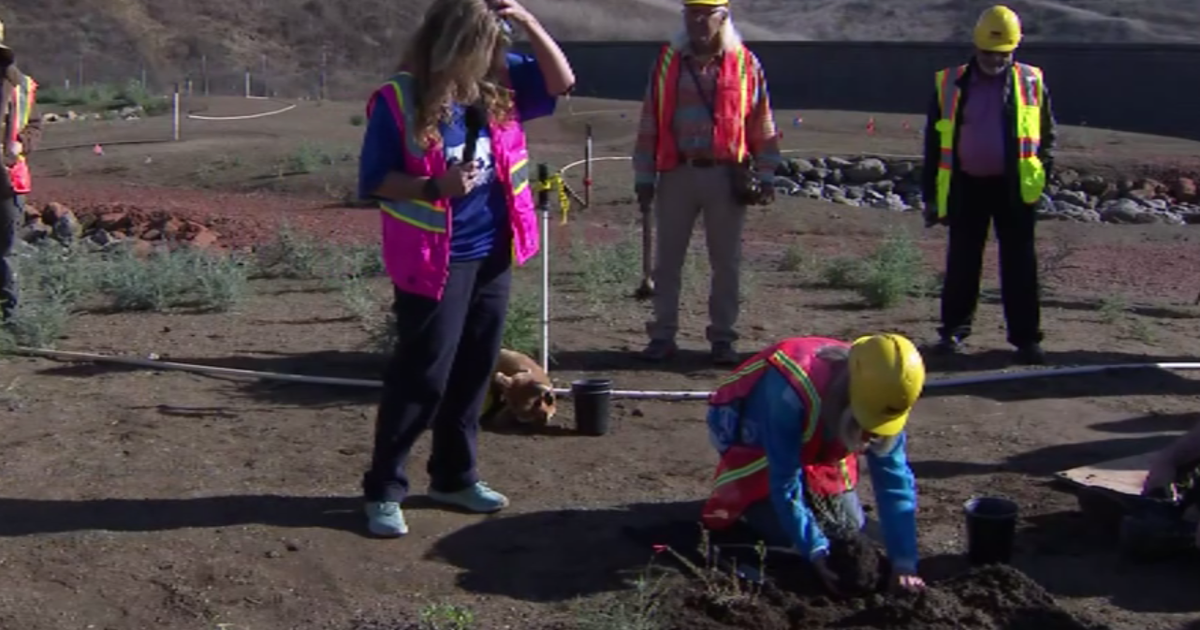Copyright Slate

Pay Dirt is Slate’s money advice column. Have a question? Send it to Kristin and Ilyce here. (It’s anonymous!) Dear Pay Dirt, My husband and I took on our four grandchildren when their father died in an accident; their mother was in jail. Ten years later we are still the guardian grandparents living with four teens. My husband has retired but I still work.The kids have never been great about helping with the household chores, but now some flatly refuse to do anything unless given money. We’ve only ever asked for help with the dishes, laundry, bathrooms, sweeping floors, caring for their pet. (I don’t even look into their bedrooms.) We ask for assistance and are told “OK” only to find the task undone the next day. This is creating much conflict in the house. How can we make them understand that there is a trade-off between the all-expenses-paid existence—complete with “chauffeur,” cooking, medical/dental, money for hobbies, etc., that we’ve provided to them all along? In my opinion, they are failing to live up to their end of our tacit bargain that we would try to help them as a family. I feel like I’m running a hotel for them at this point. —Overwhelmed Dear Overwhelmed, First, let me acknowledge what heroes you and your husband are. Taking in four children after such tragedy and raising them for a decade is an extraordinary act of love. Now you’re dealing with four teenagers simultaneously—a challenge that would test anyone’s patience. While you’re not running a hotel, your teens might not realize that yet. For them, life feels transactional. But being part of a family is more than shelling out money for chores. So, it’s time to make the implicit explicit. That means calling a family meeting where you lay out the new rules of the household. Sit everyone down and pull out a written chore chart. Make it clear: This isn’t a negotiation. Living in this house means contributing to this house, doing your homework and being nice to everyone. Period. Teenagers are old enough to experience the law of natural consequences. So, stop doing their laundry. When they run out of clean clothes, they’ll figure it out quickly. This isn’t cruel; it’s educational. You’re helping them understand what life in the real world is like. If they don’t comply? Nothing motivates teens faster than losing internet access. Chores not done by the time you set? WiFi password changes one minute later. I’ll bet those chores will start getting done quickly. But you need to go a step farther and make sure the siblings understand that they must support each other. Otherwise, there will be finger-pointing and your careful planning could fall apart. So, all the chores get done on time or WiFi access goes away for everyone. Finally, the money question. If they want payment, fine—but then they start paying rent. Calculate what their share of groceries, utilities, and gas would be. Show them the math. Explain how real life works. They’ll quickly realize that doing 30 minutes of chores is a fantastic deal. Teenagers are always pushing the boundaries. They’re at a place in their development where they’re trying to be more independent and form their own tribes, even if they don’t really understand what it means. And your teenagers, in particular, have had a tough upbringing. But coddling them won’t work, so be constructive, set boundaries, and demand respect, which you deserve by the way. This is hard, I know. But, you’re playing the long game. In a few years, they’ll hopefully thank you for teaching them how to be functioning adults. Dear Pay Dirt, I am 47. I recently downsized, as my home was beginning to feel like a burden, and I was feeling house poor. I live in a really expensive city, and even though I owned my condo, my HOA fees were rising and I couldn’t save any money. I feel good about the change, and with the sale of the first home I was able to purchase the smaller one without a mortgage, and reduce my costs by about two-thirds. I don’t have a cash emergency fund and I’d like to start saving for that. But I’m unsure how much I should save in cash versus retirement. I have about $420,000 saved in my 401k and about $300,000 in an employer contributed account (it’s vested). I do 10 percent right now. I know it’s good to max out, but I really would like the security of the cash. I am on my own, so there’s no family money or partner, so I am a bit hyper focused on the future! —A Place for Every Dollar Dear A Place for Every Dollar, I love that you’re focused on your future. And, at 47 years old, you’re in a pretty good place financially. You own your own home, and have almost $750,000 saved for retirement. And now that you’re downsized (or, rightsized!) your home, you should be able to build up your emergency fund. You didn’t mention numbers, but you’ll want to put aside around six months’ worth of expenses, including your taxes, insurance premiums, food, utilities, transportation and anything else that would qualify as a basic expense. You can save it in a high-yield savings account, which will hopefully earn enough to account for inflation. (Check out what accounts are paying at Bankrate.com.) Once you have that cash in the bank, you can decide if you need a fund for home improvements, travel expenses, or something else. If not, then you might want to consider funding a Roth IRA, which would allow you to save after-tax money and give you some additional tax flexibility in retirement. When you’ve maximized that account, you can either max out your 401k at work or save more in a brokerage account. Overall, I think you’re doing a great job planning and saving for your future. The goal is to save enough money to replace 80-00 percent of your income in retirement. At a very conservative 7 percent return, your 401k should double every 10 years. By the time you’re ready to retire, you’ll likely have more than $3 million in retirement funds, plus a healthy Roth IRA and emergency cash account. And, that should be enough to fund your retirement plans, and then some. —Ilyce More Money Advice From Slate I am a single mom to a 4-year-old boy, and while we aren’t exactly struggling, finances are always pretty tight. We live in a city with a very high cost of living, and rent especially eats up a lot of my salary. My grandfather, who is quite well-off, has helped me out with preschool tuition payments once or twice when I’ve been in a pinch. He has no other grandchildren other than my older brother and me and has been struggling with health problems for several years. He always made it clear that when he died, everything would be split equally, including his brownstone.



